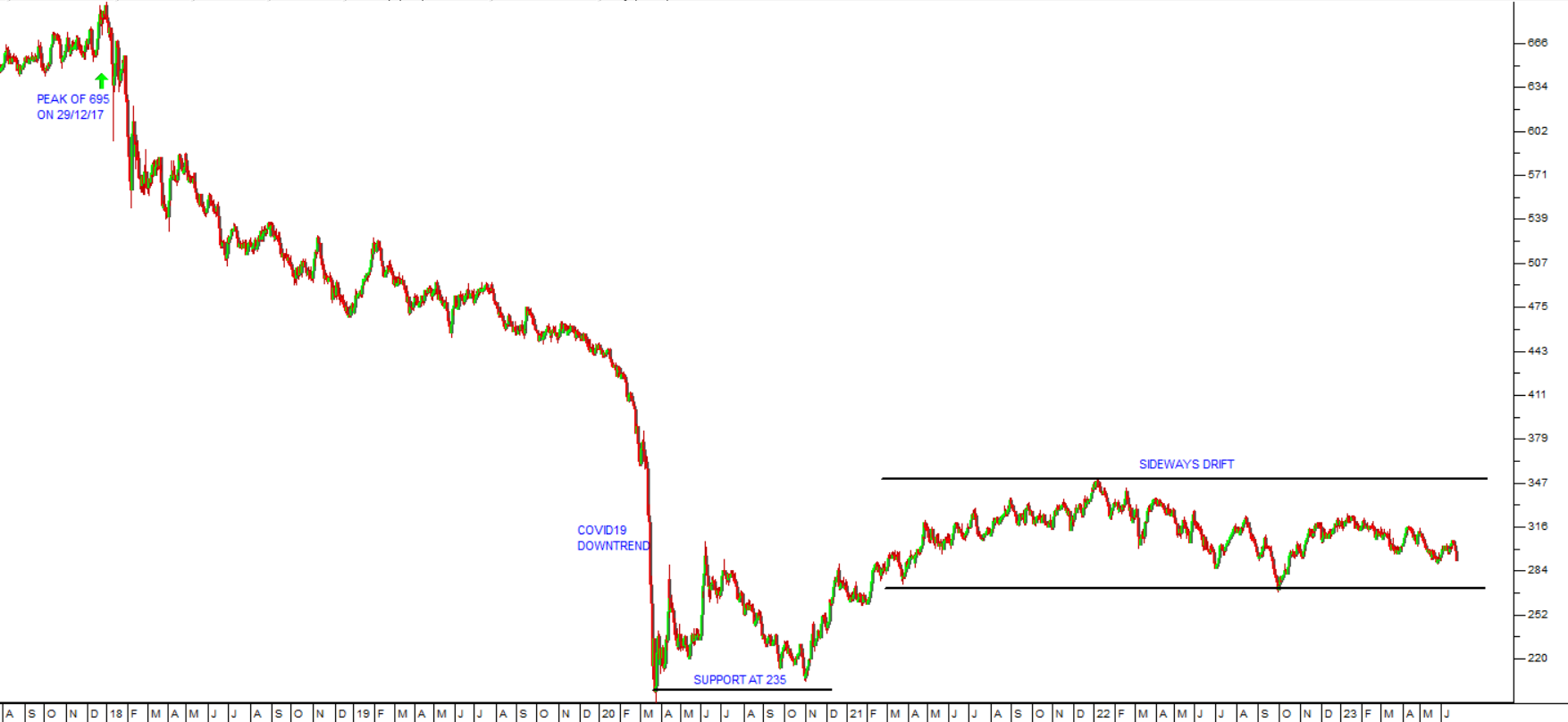Stor-Age
26 June 2023 By PDSNETThe JSE includes a disproportionate number of listed property companies and real estate investment trusts (REIT). Property is a sector which used to be very popular, but which has now become unfashionable among institutional fund managers and investors.
The great benefit of property companies as an investment is that their assets are mostly immovable property – which is mostly very, very secure. Over the long-term property tends to increase in value as an economy grows because “they are not making any more of it”. It is usually a great hedge against any weakness in the rand and provides excellent collateral to secure loans.
The problem with property is that, to generate an income from it, you either have to rent it out which means managing tenants, or you have to improve and then sell it for a profit – which involves investing risk capital at least in the short to medium term.
After the sell-off in property shares due to COVID-19, most property shares, despite having recovered to some extent, still trade well below their net asset values (NAV). Some property developers, like Balwin (BWN), have understood the benefit of renting rather than developing and selling. Rental income can provide a very nice annuity income which enables them to cover their overheads at the beginning of the month before any further business is considered.
The JSE property index reached a peak of 695 on 29th December 2017. The downward trend that followed bottomed at 196 on 23rd March 2020 due to COVID-19. Since then, the index has recovered to 291. Consider the chart:

Typically, those property companies that have found and exploited a niche market, and those that have managed to diversify overseas have done best and continue to perform. One such company is Stor-Age (SSS).
This is the JSE’s only REIT which specialises in renting out self-storage units. The business of renting storage units is different from any other aspect of the property sector. In our view it has some significant advantages:
- The rental income comes from thousands of individuals rather than relatively few large businesses – which make it far more consistent and reliable.
- Stor-Age often does well during a recession because people are downsizing – this makes Stor-Age a defensive share in difficult times. As the company recently said, “Self-storage is a needs-based business that benefits from a diverse set of demand drivers which remain present throughout all economic cycles. Demand is underpinned by life-changing events and dislocation, whether positive or negative.”
- Storage units are in demand in all countries which has enabled Stor-Age to diversify into the UK market making it increasingly a rand-hedge.
In its results for the year to 31st March 2023 the company reported that it had increased distributable income per share by 5,6% and total return by 16,9%. The company has six developments scheduled for completion in the current year – 3 in South Africa and 3 in the UK.
There are two other important points:
- The share closed on Friday last week at 1245c – against a net asset value of 1504c.
- The company has a loan-to-value of 30,8% - which is very conservative and leaves plenty of room for further acquisitions.
In our view, this share is secure well-run operation which is cheap at current prices.